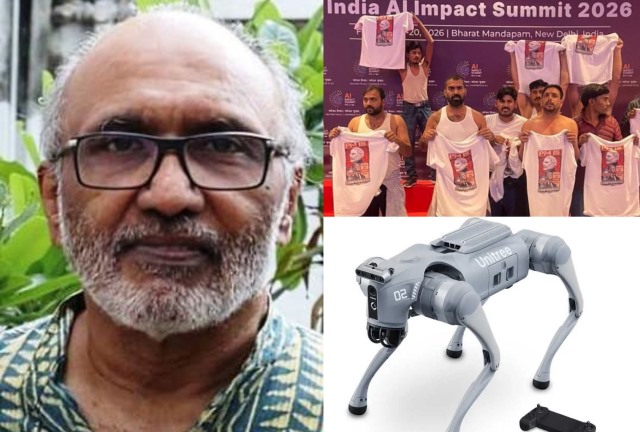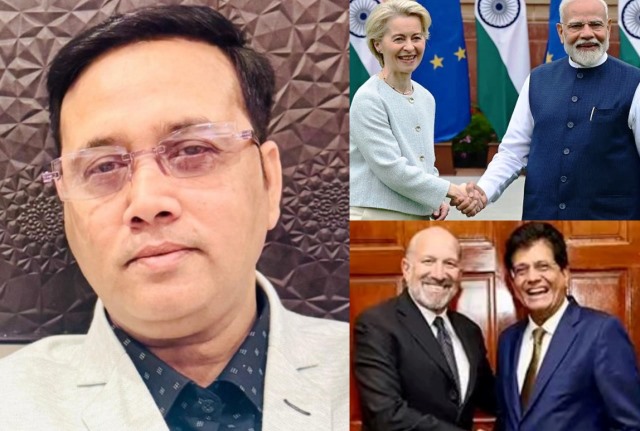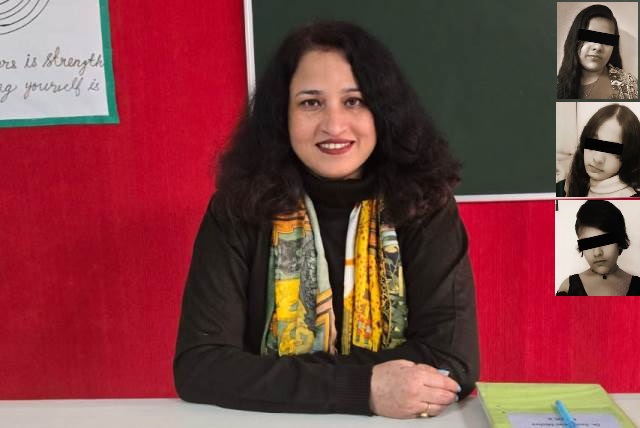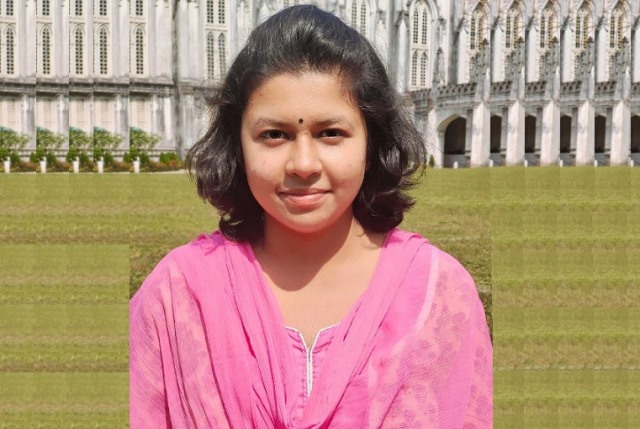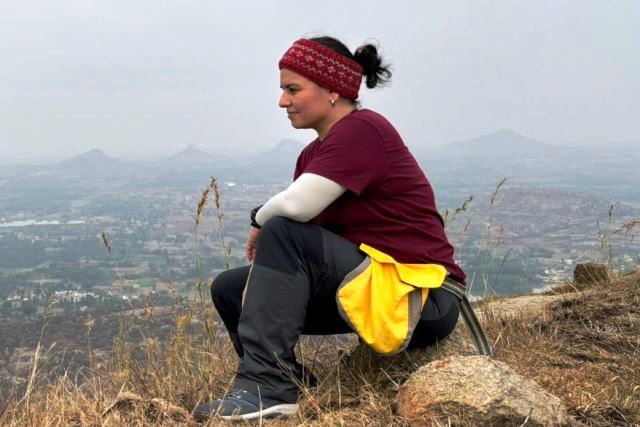
‘Fight Against Dowry Doesn’t Begin in Court or Police Stations, It Begins at Home’
Sanyukti, a Bengaluru-based mother of two, says by giving dowry in the name of our daughters’ happiness, we become part of the very system that destroys their lives. Her Views
The other day, I sat with my 14-year-old daughter and 10-year-old son, trying to explain the unthinkable. A young woman, Nikki Bhati, just 28 years old, was burned alive by her in-laws in Noida over a ₹36 lakh dowry demand. Her seven-year-old son was a witness to the gruesome incident.
When I told my children about it, my son asked me questions that should haunt every adult in our community: “Mamma, if dowry is against the law, why do people still give or take it? Why don’t the police catch them before it happens?”
I didn’t have any good answers. Because the truth is, we have failed.
Nikki’s mother, in her grief, said something that pierced my heart. She admitted that they gave dowry for their daughter’s happiness, for her marriage to work. And that, in itself, is our collective tragedy. Parents, out of fear, social pressure, or misplaced notions of “doing the best” for their daughters, end up feeding the very system that destroys lives. By giving in, we become complicit. By keeping quiet, we allow the virus to spread.
ALSO READ: ‘We Failed Radhika Yadav, Let’s Save Other Daughters’
This isn’t just about one greedy family. This is about an entire society that continues to treat marriage as a transaction instead of a partnership. A woman’s worth is still measured not by her dreams, her capabilities, or her humanity, but by how much her family can give.
As parents, we can and must do better. The fight against dowry doesn’t begin in courtrooms or police stations, it begins at home.
We need to raise our sons differently: to know that love, respect, and equality are the foundation of marriage, not cars, cash, or gold. We need to raise our daughters with the confidence to walk away from anyone who dares to put a price tag on her life. We must be willing to stand up, even if it means delaying or cancelling a wedding, to say no when asked for dowry, whether directly or through subtle “gifts.”
It isn’t easy. Society will call you stubborn or impractical. Relatives will say you are putting your child’s future at risk. But what future is it, if it is built on fear, compromise, and submission?
When my children ask me why dowry still exists, I want to tell them that we are the generation that put an end to it. That we found the courage to break the cycle, even when it was uncomfortable.
Nikki Bhati’s son will grow up without his mother because adults failed to protect her. We owe it to him, to our children, and to every young woman in our community to ensure this stops with us.
The law exists. The outrage exists. What we need now is the courage to act. One firm “no”, whether to give or take dowry, can save lives.
As told to Mamta Sharma
